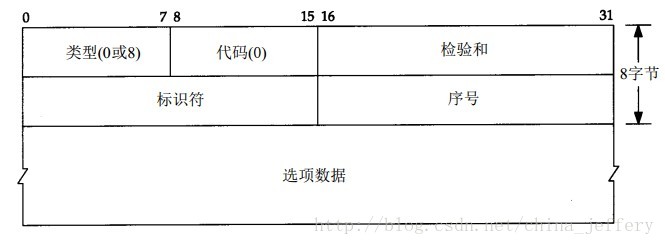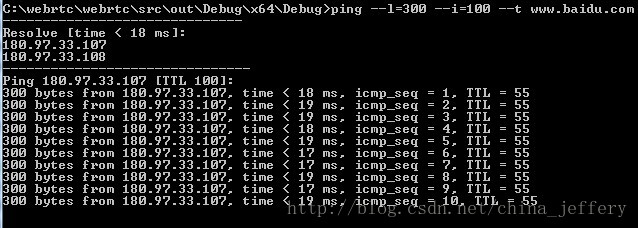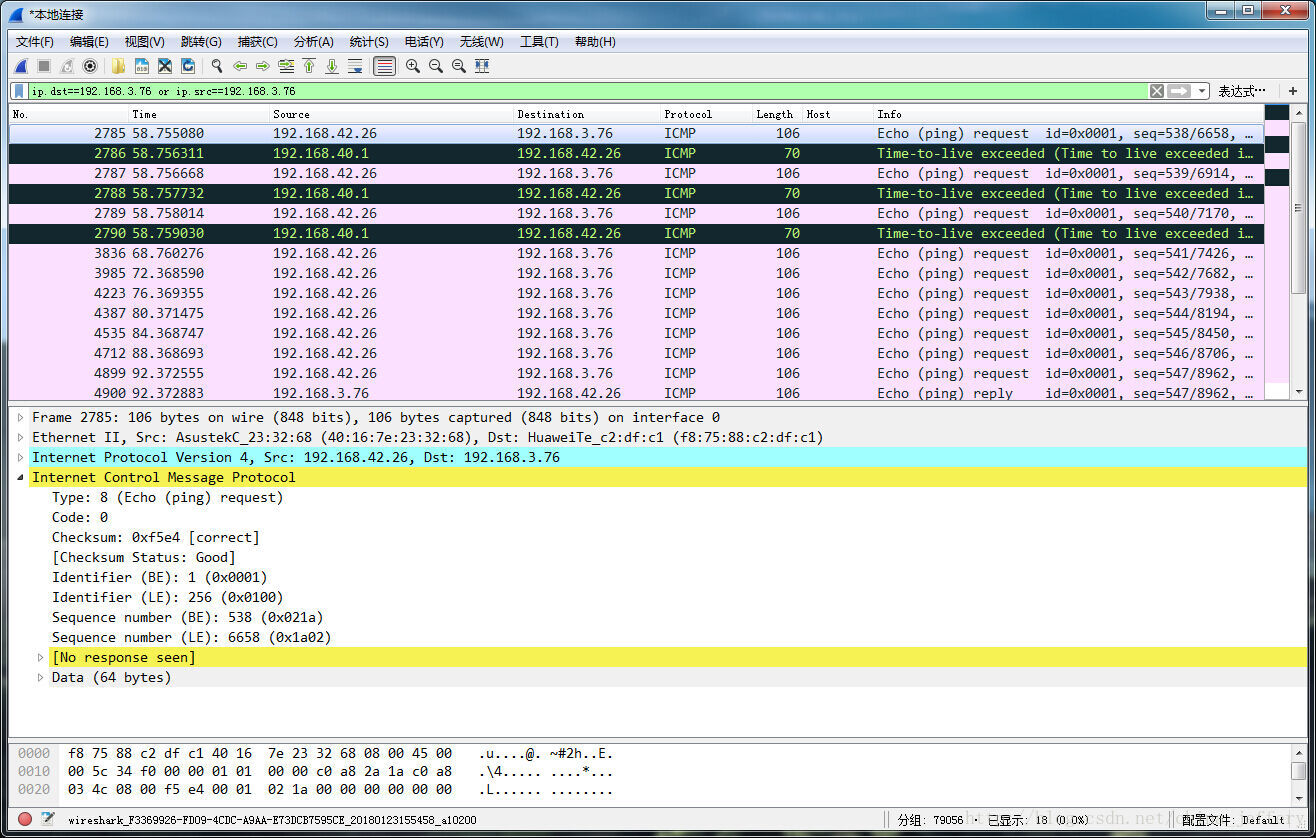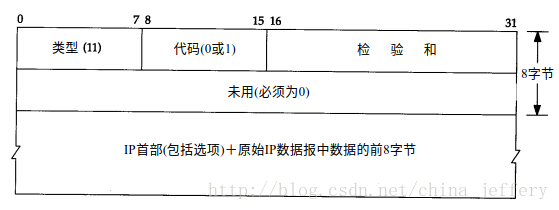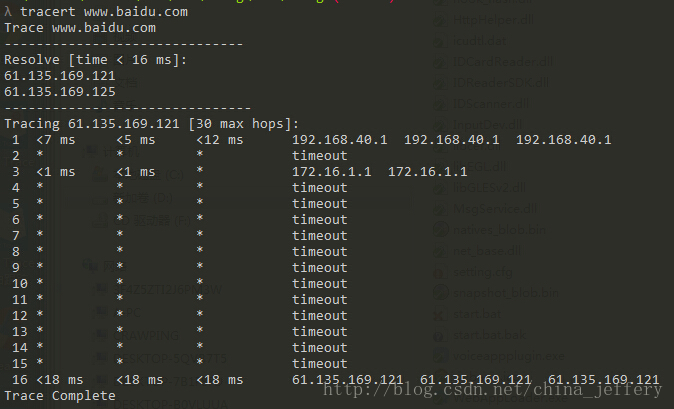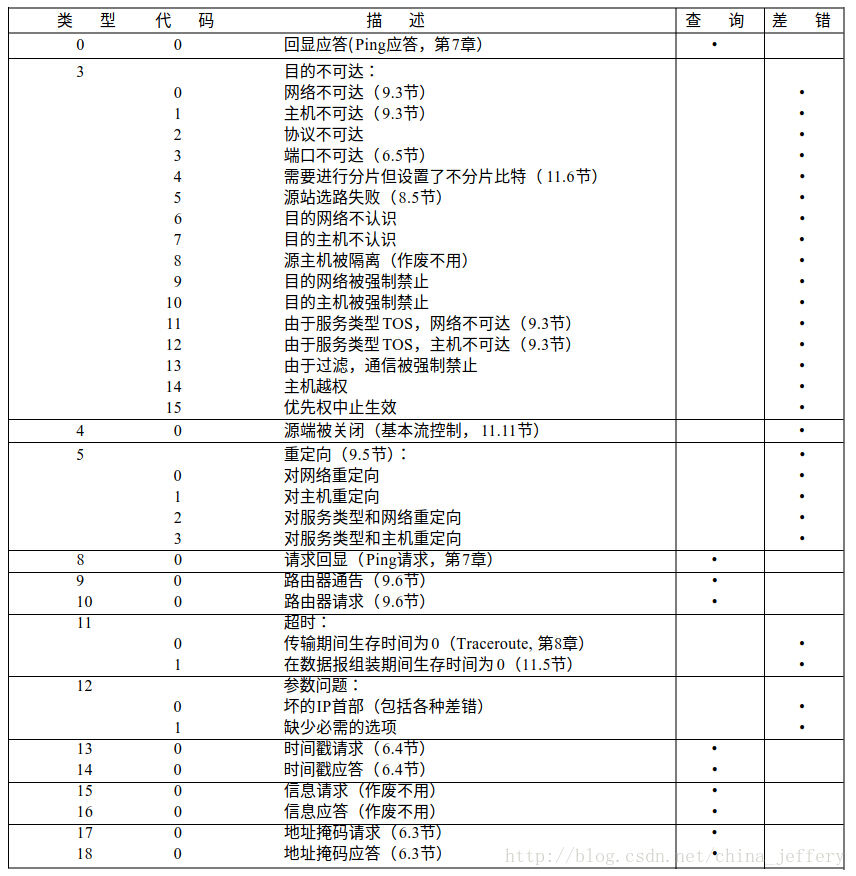1
2
3
4
5
6
7
8
9
10
11
12
13
14
15
16
17
18
19
20
21
22
23
24
25
26
27
28
29
30
31
32
33
34
35
36
37
38
39
40
41
42
43
44
45
46
47
48
49
50
51
52
53
54
55
56
57
58
59
60
61
62
63
64
65
66
67
68
69
70
71
72
73
74
75
76
77
78
79
80
81
82
83
84
85
86
87
88
89
90
91
92
93
94
95
96
97
98
99
100
101
102
103
104
105
106
107
108
109
110
111
112
113
114
115
116
117
118
119
120
121
122
123
124
125
126
127
128
129
130
131
132
133
134
135
136
137
138
139
140
141
142
143
144
145
146
147
148
149
150
151
152
153
154
155
156
157
158
159
160
161
162
163
164
165
166
167
168
169
170
171
172
173
174
175
176
177
178
179
180
181
182
183
184
185
186
187
188
189
190
191
192
193
194
195
196
197
198
199
200
201
202
203
204
205
206
207
208
209
210
211
212
213
214
215
216
217
218
219
220
221
222
223
224
225
226
227
228
229
230
231
232
233
234
235
236
237
238
239
240
241
242
243
244
245
246
247
248
249
250
251
252
253
254
255
256
257
258
259
260
261
262
263
264
265
266
267
268
269
270
271
272
273
274
275
276
277
278
279
280
281
282
283
284
285
286
287
288
289
290
291
292
293
294
295
296
297
298
299
300
301
302
303
304
305
306
307
308
309
310
311
312
313
314
315
316
317
318
319
320
321
322
323
324
325
326
327
328
329
330
331
332
333
334
335
336
337
338
339
340
341
342
343
344
345
346
347
348
| #include <WinSock2.h>
#include <ws2spi.h>
#include <ws2tcpip.h>
#include <strsafe.h>
#include <algorithm>
#include "rtc_base/networkprotocolheader.h"
#include "rtc_base/checks.h"
#include "rtc_base/flags.h"
#include "rtc_base/timeutils.h"
DECLARE_bool(h);
DECLARE_int(m);
DECLARE_int(w);
DECLARE_int(s);
DECLARE_int(n);
DEFINE_bool(h, false, "帮助");
DEFINE_int(m, 30, "最大跃点数");
DEFINE_int(w, 3000, "等待每次回复的超时时间(毫秒)");
DEFINE_int(s, 3000, "发送ICMP包超时时间(毫秒)");
DEFINE_int(n, 3, "每个跃点发送的请求数");
const int kPingDataSize = 36;
__u32 kLocalIP = 0;
__u32 GetLocalIPv4Address() {
return inet_addr("192.168.42.26");
char hostname[MAX_PATH] = { 0 };
gethostname(hostname, MAX_PATH);
struct hostent FAR* lpHostEnt = gethostbyname(hostname);
if (lpHostEnt == NULL) {
return htonl(0x7f000001);
}
LPSTR lpAddr = lpHostEnt->h_addr_list[0];
struct in_addr addr;
memcpy(&addr, lpAddr, 4);
return addr.s_addr;
}
std::string IPv4ToString(__u32 ip) {
in_addr addr;
addr.s_addr = ip;
char *p= inet_ntoa(addr);
if (p)
return p;
return "";
}
std::string GetPrintString(const char* fmt, ...) {
char buf[100];
va_list arglist;
va_start(arglist, fmt);
StringCchVPrintfA(buf, 100, fmt, arglist);
va_end(arglist);
return buf;
}
bool print_ip(__u32* ips, int count, __u32 dest_ip) {
bool has_ip = false;
bool trace_end = false;
for (int i = 0; i < count; i++) {
if (ips[i] != 0) {
printf(" %s", IPv4ToString(ips[i]).c_str());
has_ip = true;
trace_end = (ips[i] == dest_ip);
}
}
if (!has_ip)
printf(" timeout");
printf("\n");
if (trace_end)
printf("Trace Complete\n");
return trace_end;
}
void FillRequestIPPacket(__u8* ip_packet, __u16 ip_packet_size, __u16 seq, __u8 ttl, __u32 dest_addr) {
RTC_DCHECK(ip_packet);
iphdr* p_iphdr = reinterpret_cast<iphdr*>(ip_packet);
memset(p_iphdr, 0, sizeof(iphdr));
p_iphdr->version = 4;
p_iphdr->ihl = sizeof(iphdr)/4;
p_iphdr->tos = 0;
p_iphdr->frag_off = 0;
p_iphdr->id = (__u16)rtc::Time32();
p_iphdr->ttl = ttl;
p_iphdr->protocol = IPPROTO_ICMP;
p_iphdr->tot_len = ip_packet_size;
p_iphdr->daddr = dest_addr;
p_iphdr->saddr = kLocalIP;
p_iphdr->check = rtc::GetCheckSum(reinterpret_cast<__u16*>(p_iphdr), p_iphdr->ihl*4);
ping_hdr* p_ping_hdr = reinterpret_cast<ping_hdr*>(ip_packet + p_iphdr->ihl*4);
p_ping_hdr->common_hdr.type = 8;
p_ping_hdr->common_hdr.code = 0;
p_ping_hdr->id = (__u16)GetCurrentProcessId();
p_ping_hdr->seq = seq;
if (kPingDataSize > 0)
memset((void*)((__u8*)p_ping_hdr+sizeof(ping_hdr)), 'E', kPingDataSize);
p_ping_hdr->common_hdr.check = 0;
p_ping_hdr->common_hdr.check = rtc::GetCheckSum(reinterpret_cast<__u16*>(p_ping_hdr), ip_packet_size - p_iphdr->ihl*4);
}
bool DecodeIPPacket(const __u8* ip_packet, __u16 ip_packet_size, __u32 send_time, __u32* src_addr) {
const iphdr* ip_hdr = reinterpret_cast<const iphdr*>(ip_packet);
__u32 use_time = rtc::Time32() - send_time;
__u16 ip_hdr_len = ip_hdr->ihl * 4;
const icmp_common_hdr *icmp_hdr = reinterpret_cast<const icmp_common_hdr*>(ip_packet + ip_hdr_len);
if (icmp_hdr->type == 0 && icmp_hdr->code == 0) {
const ping_hdr *p_ping_hdr = reinterpret_cast<const ping_hdr*>(icmp_hdr);
if (p_ping_hdr->id != (__u16)GetCurrentProcessId()) {
printf("other process ping response packet, pid=%d\n", GetCurrentProcessId());
return false;
}
printf("%-10s", GetPrintString("<%d ms", use_time == 0 ? 1 : use_time).c_str());
*src_addr = ip_hdr->saddr;
return true;
}
else if (icmp_hdr->type == 11 && icmp_hdr->code == 0) {
printf("%-10s", GetPrintString("<%d ms", use_time == 0 ? 1 : use_time).c_str());
*src_addr = ip_hdr->saddr;
return true;
}
else {
printf("unexpected response, type=%d, code=%d\n", icmp_hdr->type, icmp_hdr->code);
return false;
}
}
#define SAFE_RELEASE \
if (req_ip_packet) { \
delete[] req_ip_packet; \
req_ip_packet = NULL;\
}\
if (rsp_ip_packet) { \
delete[] rsp_ip_packet; \
rsp_ip_packet = NULL;\
}\
if (s != INVALID_SOCKET) {\
closesocket(s);\
s = INVALID_SOCKET;\
}\
WSACleanup();
int main(int argc, char**argv) {
rtc::FlagList::SetFlagsFromCommandLine(&argc, argv, true);
if (FLAG_h) {
rtc::FlagList::Print(NULL, false);
return 1;
}
char *hostname = argv[argc - 1];
if (!hostname || strlen(hostname) == 0) {
printf("Invalid host name\n");
return 1;
}
printf("Trace %s\n", hostname);
WSADATA wsaData;
WORD wVersionRequested = MAKEWORD(2, 2);
WSAStartup(wVersionRequested, &wsaData);
sockaddr_in from;
int from_len = sizeof(sockaddr_in);
kLocalIP = GetLocalIPv4Address();
sockaddr_in dest;
memset(&dest, 0, sizeof(sockaddr_in));
dest.sin_family = AF_INET;
dest.sin_addr.s_addr = inet_addr(hostname);
if (dest.sin_addr.s_addr == INADDR_NONE) {
unsigned long begin_time = rtc::Time32();
struct addrinfo* result = nullptr;
struct addrinfo hints = { 0 };
hints.ai_family = AF_UNSPEC;
hints.ai_flags = AI_ADDRCONFIG;
int ret = getaddrinfo(hostname, nullptr, &hints, &result);
if (ret != 0) {
printf("Resolve host name failed, error code = %d\n", ret);
return 1;
}
unsigned long end_time = rtc::Time32();
struct addrinfo* cursor = result;
printf("------------------------------\n");
printf("Resolve [time < %d ms]: \n", end_time - begin_time);
bool flag = false;
for (; cursor; cursor = cursor->ai_next) {
sockaddr_in *paddr_in = reinterpret_cast<sockaddr_in *>(cursor->ai_addr);
printf("%s\n", inet_ntoa(paddr_in->sin_addr));
if (!flag) {
dest.sin_addr = paddr_in->sin_addr;
flag = true;
}
}
freeaddrinfo(result);
printf("-------------------------------\n");
}
printf("Tracing %s [%d max hops]: \n", inet_ntoa(dest.sin_addr), FLAG_m);
SOCKET s = socket(AF_INET, SOCK_RAW, IPPROTO_ICMP);
if (s == INVALID_SOCKET) {
printf("create socket failed, error code = %d\n", WSAGetLastError());
WSACleanup();
return 1;
}
int err = setsockopt(s, SOL_SOCKET, SO_SNDTIMEO, reinterpret_cast<const char*>(&FLAG_s), sizeof(FLAG_s));
RTC_DCHECK(err != SOCKET_ERROR);
if (err == SOCKET_ERROR) {
printf("setsockopt for SO_SNDTIMEO failed, error code = %d\n", WSAGetLastError());
closesocket(s);
WSACleanup();
return 1;
}
err = setsockopt(s, SOL_SOCKET, SO_RCVTIMEO, reinterpret_cast<const char*>(&FLAG_w), sizeof(FLAG_w));
RTC_DCHECK(err != SOCKET_ERROR);
if (err == SOCKET_ERROR) {
printf("setsockopt for SO_RCVTIMEO failed, error code = %d\n", WSAGetLastError());
closesocket(s);
WSACleanup();
return 1;
}
int opt = 1;
err = setsockopt(s, IPPROTO_IP, IP_HDRINCL, reinterpret_cast<const char*>(&opt), sizeof(opt));
RTC_DCHECK(err != SOCKET_ERROR);
if (err == SOCKET_ERROR) {
printf("setsockopt for IP_HDRINCL failed, error code = %d\n", WSAGetLastError());
closesocket(s);
WSACleanup();
return 1;
}
__u16 req_ip_packet_size = sizeof(iphdr) + sizeof(ping_hdr) + kPingDataSize;
__u8 *req_ip_packet = new __u8[req_ip_packet_size];
memset(req_ip_packet, 0, req_ip_packet_size);
__u16 rsp_ip_packet_size =
sizeof(iphdr)
+ sizeof(icmp_common_hdr)
+ 4
+ sizeof(iphdr) + 8;
rsp_ip_packet_size = std::max(rsp_ip_packet_size, req_ip_packet_size);
__u8 *rsp_ip_packet = new __u8[rsp_ip_packet_size];
memset(rsp_ip_packet, 0, rsp_ip_packet_size);
RTC_DCHECK(rsp_ip_packet);
int ttl = 1;
int seq = 0;
__u32 *ips = new __u32[FLAG_n];
for(int hop = 1; hop <= FLAG_m; hop++) {
printf(" %-4d", hop);
for (int i = 0; i < FLAG_n; i++) {
ips[i] = 0;
seq++;
FillRequestIPPacket(req_ip_packet, req_ip_packet_size, seq, ttl, dest.sin_addr.s_addr);
__u32 send_time = rtc::Time32();
int sent = sendto(s,
reinterpret_cast<const char*>(req_ip_packet),
req_ip_packet_size,
0,
reinterpret_cast<const sockaddr*>(&dest),
sizeof(sockaddr));
if (sent == SOCKET_ERROR) {
printf("%-10s", "*");
if (i == FLAG_n - 1)
if (print_ip(ips, FLAG_n, dest.sin_addr.s_addr)) {
SAFE_RELEASE;
return 0;
}
continue;
}
int bread = recvfrom(s,
reinterpret_cast<char*>(rsp_ip_packet),
rsp_ip_packet_size,
0,
reinterpret_cast<sockaddr*>(&from),
&from_len);
if (bread == SOCKET_ERROR) {
int gle = WSAGetLastError();
printf("%-10s", "*");
if (i == FLAG_n - 1)
if (print_ip(ips, FLAG_n, dest.sin_addr.s_addr)) {
SAFE_RELEASE;
return 0;
}
continue;
}
__u32 dest_ip = 0;
DecodeIPPacket(reinterpret_cast<const __u8*>(rsp_ip_packet), rsp_ip_packet_size, send_time, &dest_ip);
ips[i] = dest_ip;
if (i == FLAG_n - 1)
if (print_ip(ips, FLAG_n, dest.sin_addr.s_addr)) {
SAFE_RELEASE;
return 0;
}
}
ttl++;
}
SAFE_RELEASE;
return 0;
}
|

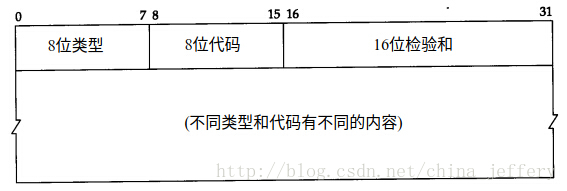
![]()
